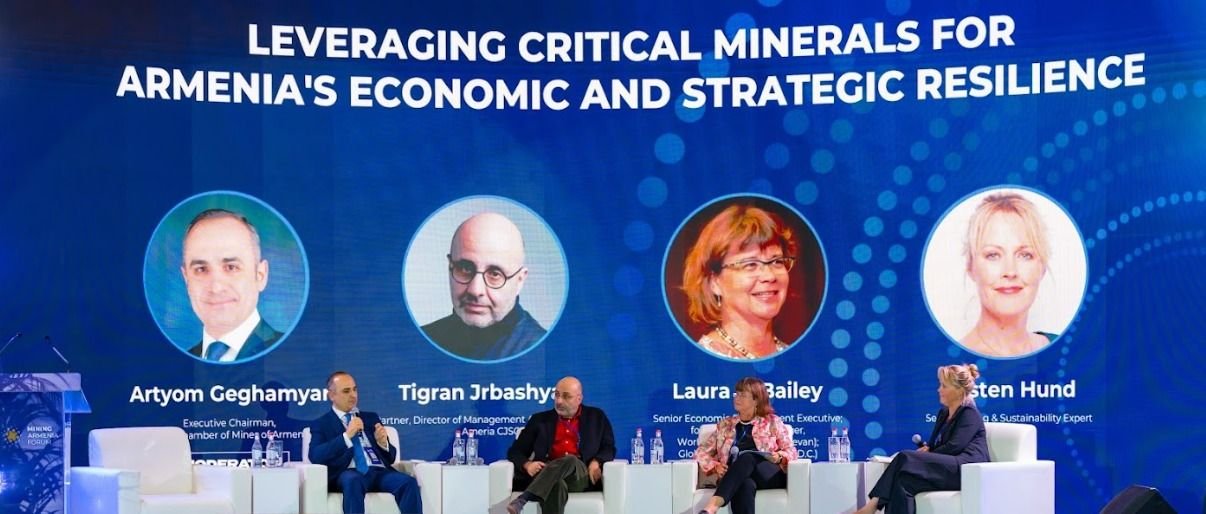Founded in 2023, The International Chamber of Mines of Armenia (ICMA) was established to bridge the gap between Armenia’s mining sector and the global critical minerals ecosystem. ICMA serves as a high-level forum for policy dialogue, investment facilitation, and industry reform, playing a pivotal role in shaping the country’s mining governance through the promotion of sustainable practices.
As an industry and expert driven non-profit organization, ICMA is dedicated to fostering transparent, ESG-compliant, and internationally aligned mining governance in Armenia. The organization actively collaborates with foreign embassies, multilateral institutions, policymakers, and global industry partners to advance these goals. ICMA is committed to promoting the sustainable management, and enhance of Armenian’s mineral resources, ensuring that the mining sector meets international standards of sustainability, competitiveness, and best practices.
Community Engagement & Social Responsibility

Sustainable Mining and Practices
Skill Development and Training Initiative Icon
Mission
The International Chamber of Mines of Armenia (ICMA) seeks to foster a globally competitive, responsible, and prosperous mining sector in Armenia that aligns with international standards while advancing sustainable development and community growth. ICMA embeds ethical practices, environmental responsibility, and social accountability into every aspect of its mission. In addition, it contributes to the nation’s economic security through the sustainable management of mineral resources, reinforcing both stability and resilience.
Vision
A transparent, accountable, and globally competitive Armenian mining sector that drives sustainable growth, creates opportunities, and sets the standard for responsible resource development.
Activities
MINING ARMENIA FORUM 2025
From left to right: Panel Moderator Artyom Geghamyan (Executive Chairman,...
Read MoreUpcoming Events
Rising to the Global Materials Imperative
The world is waking up to a critical truth. The...
Read More


